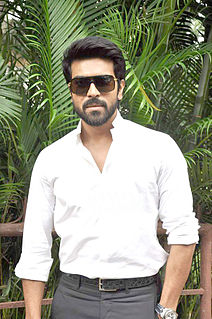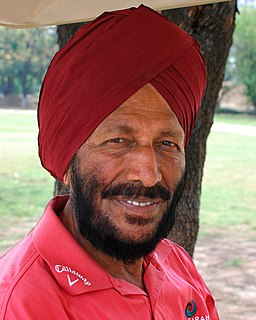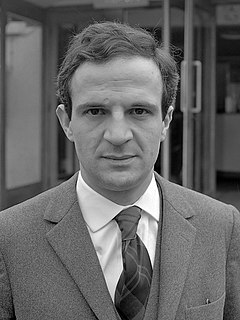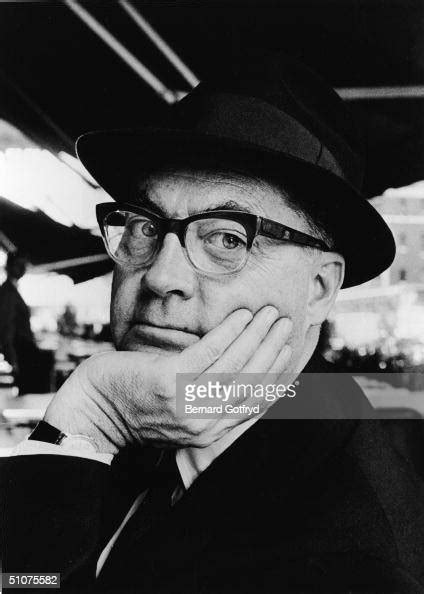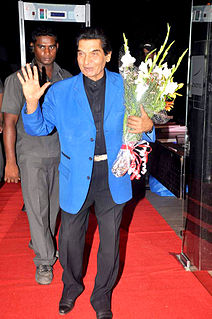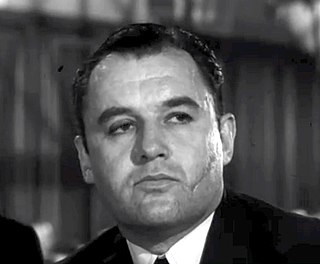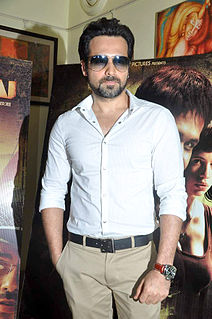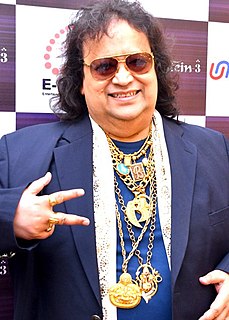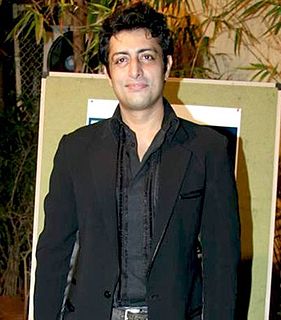A Quote by Ram Charan
I don't run after successful directors. I give importance to the content of the film.
Quote Topics
Related Quotes
What I want to do is create great content on television and movies. It is not my role to program only for Latinos, and you can't really assume that Hispanics only want Hispanic content. But I do think that we are severely underrepresented in television and film. And instead of complaining about not seeing ourselves, we should become film producers, directors, and writers, and tell our story.
When I was a Hollywood press agent, I learned how the Hollywood casting system worked. There was a roster of actors who were always perfect as doctors or lawyers or laborers, and the directors just picked the types they needed and stuffed them into film after film. I do the same [with
my characters], book after book.
